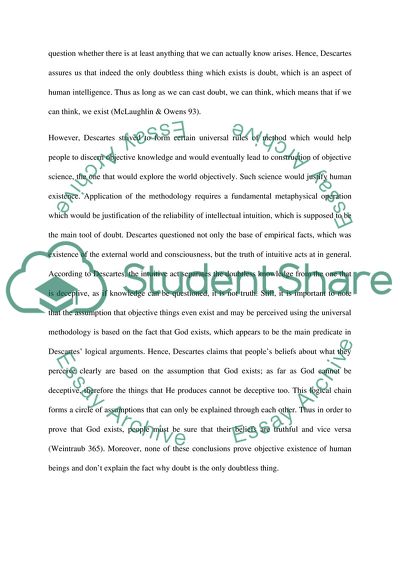Cite this document
(Knowledge about the World Essay Example | Topics and Well Written Essays - 1500 words, n.d.)
Knowledge about the World Essay Example | Topics and Well Written Essays - 1500 words. https://studentshare.org/philosophy/1872394-can-we-have-knowledge-about-the-worldwhatever-it-is
Knowledge about the World Essay Example | Topics and Well Written Essays - 1500 words. https://studentshare.org/philosophy/1872394-can-we-have-knowledge-about-the-worldwhatever-it-is
(Knowledge about the World Essay Example | Topics and Well Written Essays - 1500 Words)
Knowledge about the World Essay Example | Topics and Well Written Essays - 1500 Words. https://studentshare.org/philosophy/1872394-can-we-have-knowledge-about-the-worldwhatever-it-is.
Knowledge about the World Essay Example | Topics and Well Written Essays - 1500 Words. https://studentshare.org/philosophy/1872394-can-we-have-knowledge-about-the-worldwhatever-it-is.
“Knowledge about the World Essay Example | Topics and Well Written Essays - 1500 Words”. https://studentshare.org/philosophy/1872394-can-we-have-knowledge-about-the-worldwhatever-it-is.


